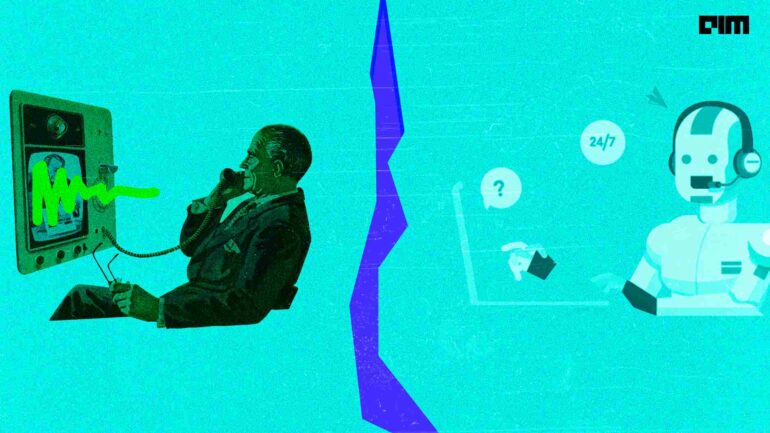A parent asked a question in a private Facebook group in April 2024: Does anyone with a child who is both gifted and disabled have any experience with New York City public schools? The parent received a seemingly helpful answer that laid out some characteristics of a specific school, beginning with the context that “I have a child who is also 2e,” meaning twice exceptional.
On a Facebook group for swapping unwanted items near Boston, a user looking for specific items received an offer of a “gently used” Canon camera and an “almost-new portable air conditioning unit that I never ended up using.”
Both of these responses were lies. That child does not exist and neither do the camera or air conditioner. The answers came from an artificial intelligence chatbot.
According to a Meta help page, Meta AI will respond to a post in a group if someone explicitly tags it or if someone “asks a question in a post and no one responds within an hour.” The feature is not yet available in all regions or for all groups, according to the page. For groups where it is available, “admins can turn it off and back on at any time.”
Meta AI has also been integrated into search features on Facebook and Instagram, and users cannot turn it off.
As a researcher who studies both online communities and AI ethics, I find the idea of uninvited chatbots answering questions in Facebook groups to be dystopian for a number of reasons, starting with the fact that online communities are for people.
Human connections
In 1993, Howard Rheingold published the book “The Virtual Community: Homesteading on the Electronic Frontier” about the WELL, an early and culturally significant online community. The first chapter opens with a parenting question: What to do about a “blood-bloated thing sucking on our baby’s scalp.”
Rheingold received an answer from someone with firsthand knowledge of dealing with ticks and had resolved the problem before receiving a callback from the pediatrician’s office. Of this experience, he wrote, “What amazed me wasn’t just the speed with which we obtained precisely the information we needed to know, right when we needed to know it. It was also the immense inner sense of security that comes with discovering that real people – most of them parents, some of them nurses, doctors, and midwives – are available, around the clock, if you need them.”
This “real people” aspect of online communities continues to be critical today. Imagine why you might pose a question to a Facebook group rather than a search engine: because you want an answer from someone with real, lived experience or you want the human response that your question might elicit – sympathy, outrage, commiseration – or both.
Decades of research suggests that the human component of online communities is what makes them so valuable for both information-seeking and social support. For example, fathers who might otherwise feel uncomfortable asking…



